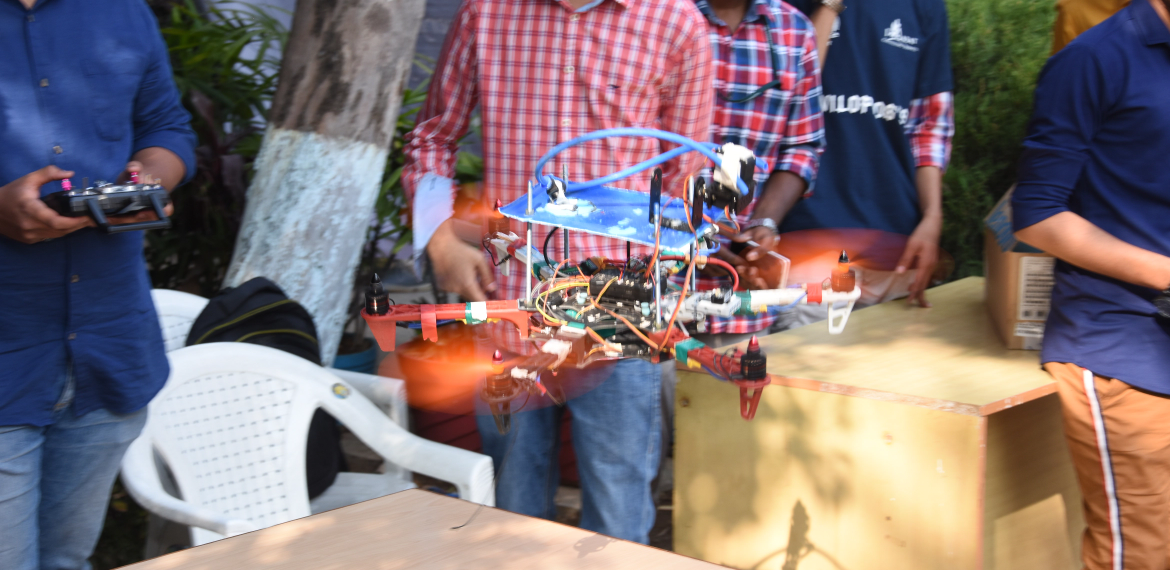About Course
The four year B.E. program in Electronics and Instrumentation Engineering is a specialized branch of Electrical and Electronics Engineering, primarily focusing on the principles and operations of measuring instruments used in the design and configuration of automated systems. Instrumentation technology helps create, construct and maintain measuring and control devices and systems found in manufacturing. Hence Electronics and Instrumentation Engineers are responsible for designing, developing, installing and maintaining equipment used to monitor and control engineering systems, machinery and processes.
Vision
To produce proficient engineers who illuminate the nation, drive the industry and innovate in the field of power and automation.
Mission
Provide futuristic and comprehensive technical education to equip students with core competencies and relevant skill sets through effective teaching learning methods and state of art laboratories thus preparing them for global careers.
Pursue need based research and provide consultancy and testing services to address contemporary issues in the fields of Electrical and Instrumentation Engineering
